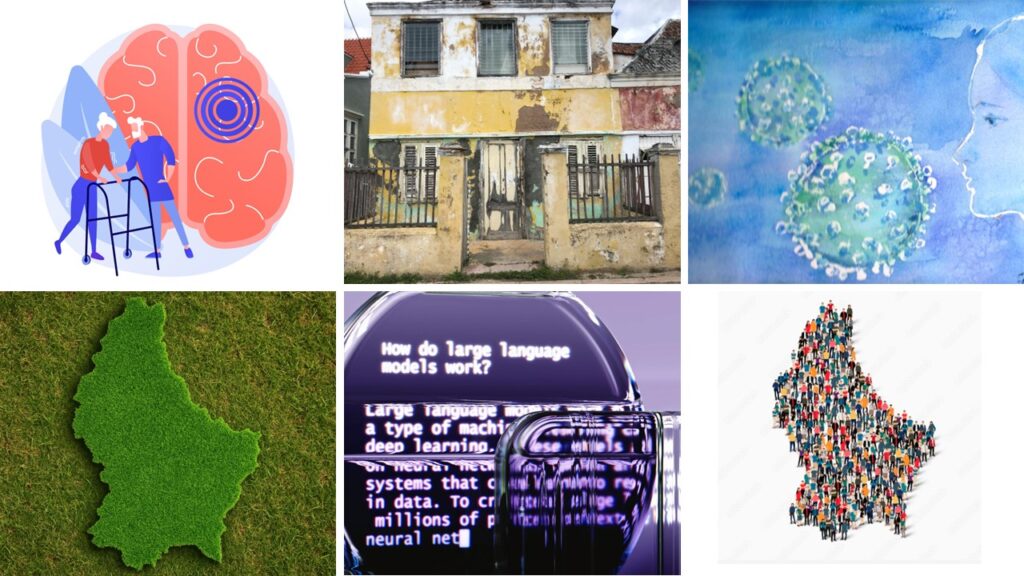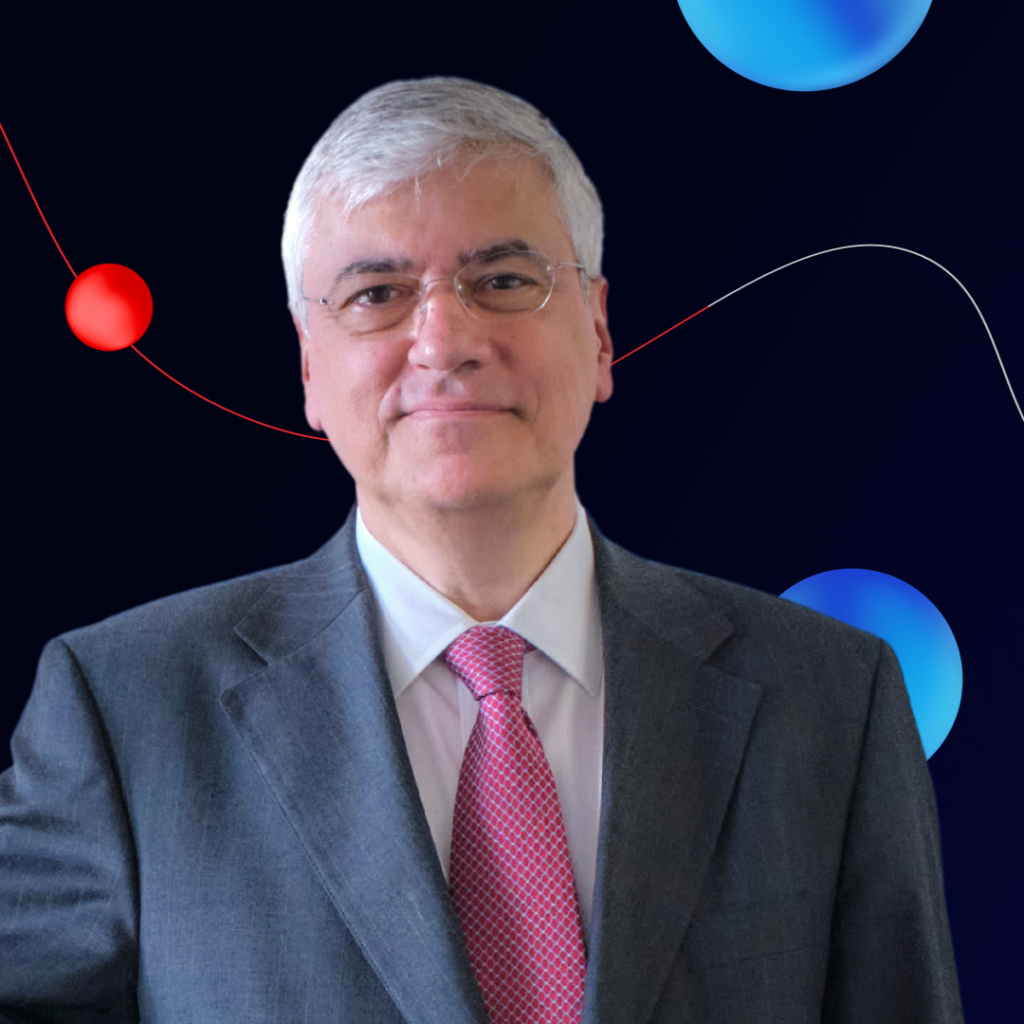Nobel Prize 2024 in Economics – Prosperity research: Is there an origin for global economic inequalities?
15 October 2024

The 2024 Nobel Prize in Economics is about the origin of the wealth gap worldwide and the fact that democracy promotes prosperity. Prof. Irmen of the University of Luxembourg enlightens us.
Ill. Niklas Elmehed © Nobel Prize Outreach; University of Luxembourg
This article was originally published on science.lu.
Three American wealth researchers, Daron Acemoğlu, Simon Johnson and James Robinson, were awarded the 2024 Nobel Prize in Economics for their work in the field of wealth and income inequality. They traced the roots of certain institutional developments back to the colonial past in order to explain the wealth gap between countries both theoretically and empirically. Economic institutions are the rules, norms and organisations that structure economic activity in a society (such as the legal system, governments and financial institutions…)
The researchers distinguish between “inclusive institutions” (democracies) vs. “extractive institutions” (dictatorships) and were able to show that different colonial strategies led to different institutional developments, depending on how the settlers developed and adapted. The more settlers there were in a country, the more inclusive the institutions became for the benefit of the settlers. However, the higher the settler mortality rate, the more extractive the institutions became, at the expense of the global population.
Opinion polls show that global support for democracy is at an all-time low, making the work of the three Nobel Laureates all the more relevant.
Can you explain today’s Nobel Prize in a few sentences? To what extent is it justified?
Prof. Irmen: This year’s winners of the Sveriges Riksbank Prize in Economic Sciences in Memory of Alfred Nobel – Daron Acemoglu, Simon Johnson and James Robinson – have contributed significantly to the understanding of global economic inequality. Their approach emphasises the role of institutions for economic development. A comparison of different economic policy systems introduced by the European colonial powers in their colonies clearly demonstrates this. The quality of the established institutions is important. A legal framework that establishes enforceable property rights creates incentives for settlers to work hard and invest in their new homeland. This has had a demonstrably positive impact on the development of the economy.
The award winners have also developed significant methods to demonstrate the causal link between strong institutions and the economic performance of national economies.
What considerations drive your own research in this area?
Prof. Irmen: The question of why there are countries with high and low standards of living is perhaps the most fundamental in economics. This is immediately followed by the question of what can be done to combat poverty. Such considerations have sparked my interest in economics.
Ideally, an economy should be organized in such a way that the general population achieves an adequate material standard of living. Only then will essential aspects of a high quality of life, such as health, education and leisure, be accessible to many people.
However, if you look at the development of global income distribution over the last 200 years, you can see glaring inequalities that seem to be getting worse. Measured in terms of gross domestic product per capita, a rough measure of a country’s average standard of living, people in modern Western industrialized countries are around 8 times better off today than those in the poorest parts of the world.
However, rising income inequality is also developing within modern industrialized countries. This is not unproblematic. If the growth in prosperity remains limited to a small elite, resentment spreads among the population, which often manifests itself in political extremism. This year’s Nobel Prize winners in economics also drew attention to this phenomenon at an early stage.
What research are you and your team currently conducting in this regard?
Prof. Irmen: In my research, I am looking at the role of modern technological change in the development of living standards for the general population. The focus is on the question of how automation trends, reinforced by digitalisation and artificial intelligence, influence the labour market and the income generated there. Who benefits and who loses from technological progress? For the individual, the decisive factor seems to be whether their performance is increased or decreased by “working together” with the new technologies. On a macroeconomic level, the new technologies seem to favour the incomes of capital owners and entrepreneurs – often at the expense of the working class.
As Engels and Marx noted for the industrial revolution, technological change initially plunged workers into misery before institutional change gradually increased the prosperity of the masses over the course of the 19th century. From the perspective of the three prize winners, the question of the right institutional framework conditions that make it possible to make the benefits of modern technological progress accessible to the general population still arises today.
I will be devoting myself to such questions in particular in the coming year during a research year at MIT, where two of the three scientists honoured today are working.
Author : Prof. Andreas Irmen and Diane Bertel
Editors: Michèle Weber (FNR) and Hélène Jacuszin








